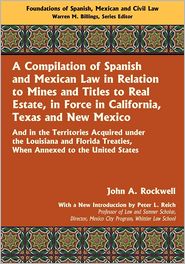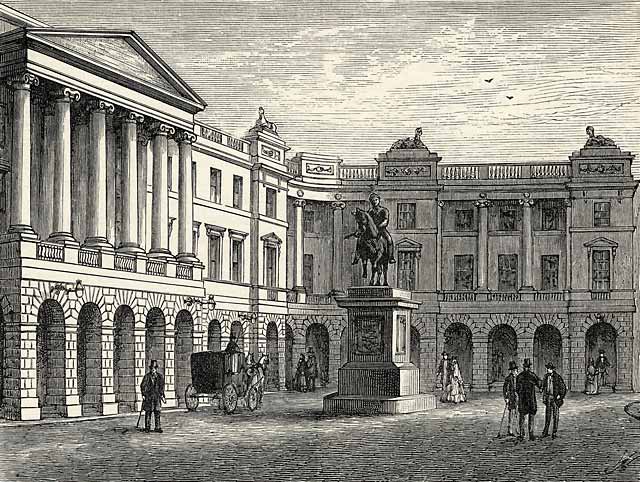The Second ESCLH Conference will be held in Amsterdam from 9-10 July 2012. The theme is:
COMPARATIVE LEGAL HISTORY
Definitions and Challenges

Comparative Legal History is a relatively young discipline. It focuses explicitly on the comparison of legal ideas and legal institutions in divergent legal traditions. The European Society for Comparative Legal History (ESCLH) was founded in 2009 in order to promote such comparison. Its Inaugural Conference (Valencia, 5-6 July 2010) showed that it is not always easy to find material which is suitable for serious comparison and to establish the criteria which have to be met in order to come to grips with this material.
The Second ESCLH Conference, which will take place on 9-10 July 2012 at Amsterdam and will be hosted by the VU University, aims at addressing this fundamental problem. Under the heading “Definitions and Challenges” it will try to delineate the landmarks which fruitful legal historical comparison requires and to trace the specific problems that a comparative-historical approach of the various branches of law may encounter. The keynote address will be delivered by David Ibbetson, Regius Professor of Civil Law at the University of Cambridge.
As regards the papers for the parallel sessions, the Conference first of all hopes to provide a venue for legal historians and comparatists to present their investigations in order to discuss their work, exchange ideas and broaden their views. For this reason you are invited to propose papers on any subject within the field of comparative legal history.
However, following the methodological problems dealt with under the heading “Definitions and Challenges”, this Conference also aims at presenting investigations into specific areas of law, where legal historical comparison has proven to be fruitful. These investigations have in common that they do not depart from normative legal concepts (which sometimes only seemingly appear to be comparable) but from functional problems of a more factual, meta-juridical nature.
The first is ‘Fascist Criminal Law’ (co-ordinator: Stephen Skinner, University of Exeter). This theme is important in both historical and contemporary terms. A recurrent theme in recent and ongoing work on law and democracy in Europe has been the challenge of dealing with ‘darker’ aspects of law’s ideological, substantive and methodological roots in anti-democratic legal orders. In terms of legal history, grappling with the meanings of ‘fascism’ and the ideological, rhetorical and substantive dimensions of criminal law under fascist regimes requires a comparative approach in order to identify the distinguishing characteristics of such regimes. Arguably, the area of criminal law brings into sharp relief the power-relationship between State and citizen, and as such, it is a key area of law to be studied in order to understand the nature of fascist systems.
The second area, ‘Corporate law’ (co-ordinator: Tammo Wallinga, University of Antwerp), is a field of law which can be analyzed from various legal perspectives, without focussing on the comparison of a specific dogmatic concept. Just as the theme ‘Fascist Criminal law’ touches upon fundamental issues, such as the relationship between State and citizen, corporate law has its own characteristic issues: various types of enterprise – market-related or not – establishment and organization of a company, the relationship with consumers, civil authorities, debtors and creditors, workers’ rights, etc. Here, comparison aims at understanding the changing nature of corporate law within a changing economic context, from medieval society, through the ages of early capitalism and industrialisation to present day issues.
Factual information:
- Those interested in presenting a paper at the ESCLH Conference 2012 are requested to submit the title of their paper and a short abstract (approximately 250 words) before January 1st to the organizing committee c/o Jan Hallebeek, VU University Amsterdam (j.hallebeek@vu.nl). - Papers should deal with a topic within the field of comparative legal history. Presentations should not exceed 15 minutes and should be in English.
- Please indicate whether your paper is related to the general theme (Comparative Legal History, Definitions and Challenges), one of the specific fields of law (Fascist Criminal Law, Corporate Law) or another subject.
- In January 2012 it will be announced which papers are accepted. The abstracts of these papers will shortly thereafter be made available on the Conference-website.
Additional information, including advice on
accommodation and
directions, is available on the
Conference-website.
































